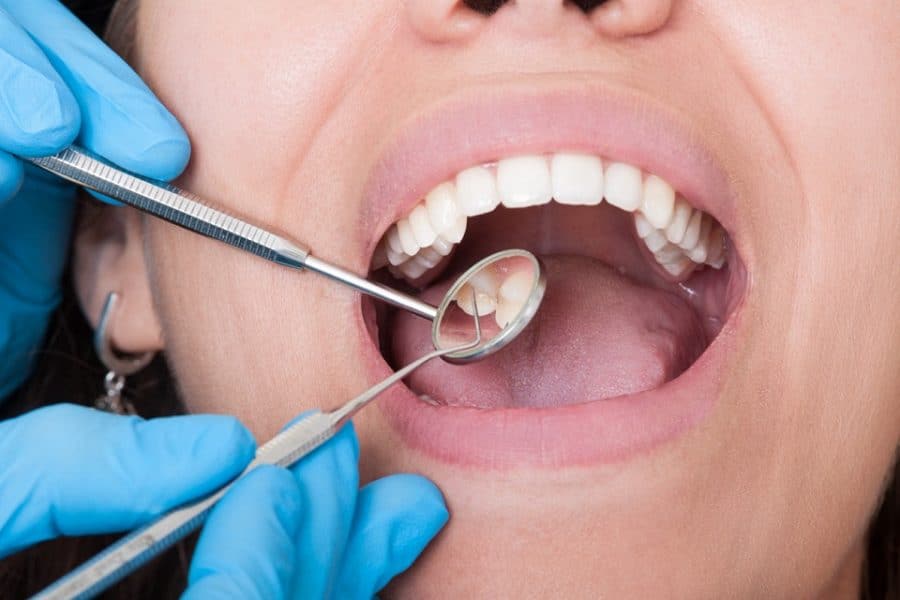Prevention is better than cure – many people know this, yet they avoid or neglect practices that lower the risk of developing health issues. One of the fields that experiences this is the dental health industry.
Despite the importance of good oral hygiene for overall health, people seemingly never run out of reasons for not taking care of their teeth. Busy schedules and the fear of dental equipment top this list.
They don’t know that preventative dentistry can save you money and the pain of treating severe complications.
Below are tips on how to take care of your mouth with preventative dentistry.
Prevention of Tooth Decay
The best way to prevent the adverse effects of tooth decay is by visiting your dentist regularly. Tooth decay eats away the enamel, and if left untreated, it eventually causes tooth loss.
Tooth loss can be embarrassing, lesson your self-confidence, and affects your speech and digestion. Depending on where the tooth is absent, you could struggle to pronounce some words correctly. Also, you won’t be able to chew several foods, which hurts nutrient absorption. Thankfully you can opt for porcelain veneers or get Dental implants in maywood to help cope with tooth loss.
Controlling Poor Habits
Oral health issues arise from many causes, some of which aren’t obvious, including using improper brushing techniques, clenching your jaws, and grinding your teeth.
Preventative dentistry allows the doctor to notice these causative factors. The doctor will then recommend ways of avoiding them and preventing further complications.
Prevention and Treatment of Oral Cancer
The primary causes of oral cancer are poor oral hygiene, using tobacco products, and drinking alcohol excessively. If identified early, you can treat this condition. Otherwise, you’ll undergo severe pain, tooth loss, mouth sores, and in extreme cases, death might occur.
Treating Bad Breath
Bad breath, also called halitosis, is more shaming than having discoloured teeth and experiencing tooth loss.
Nobody wants to have others cover their noses every time they open their mouth. If this happens, it will affect your self-esteem, and when it persists, you become more susceptible to experiencing mental health issues like depression.
Interestingly, poor oral hygiene isn’t the only reason behind bad breath. Underlying health conditions such as acid reflux, bronchitis, and internal infections can also cause halitosis. This is where preventative dentistry comes in handy, as it helps the doctor detect these problems.
Additional Checks
Lastly, preventative dentistry involves the assessment of the head, neck, jawline and lymph nodes. These check-ups can help the doctor spot possible health problems resulting from swellings and tumours.
For instance, swellings might indicate impending gingivitis or periodontitis. On the other hand, tumours can be a sign of oral cancer. By identifying these complications early, the dentist can save you the money you’d have otherwise spent on treating them.
Wrapping Up
If you care about your oral and overall health (and you should), it’s vital to visit the dentist regularly. Brushing, flossing, and eating healthy diets might seem enough, but you can’t notice severe complexities like oral cancer. Also, you might be unable to tell the cause of halitosis and other oral issues.
Visiting the dentists saves you the pain and time of treating oral health issues. Also, you save the money that you’d have otherwise spent on dealing with problems like tooth discolouration and decay, gum disease, and so on. More importantly, preventative dentistry helps you in upholding your self-esteem.


